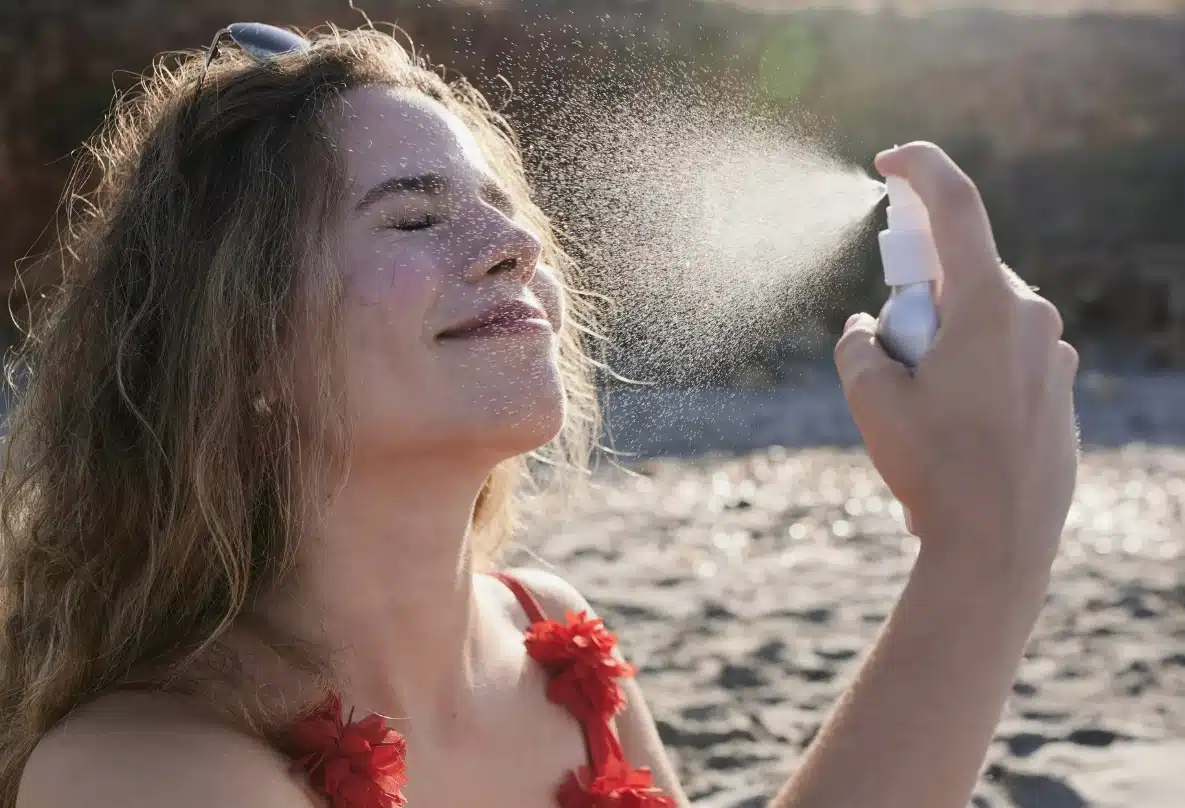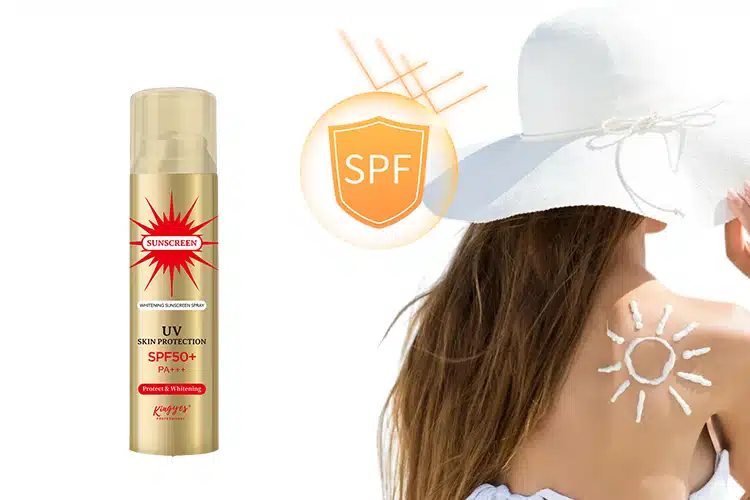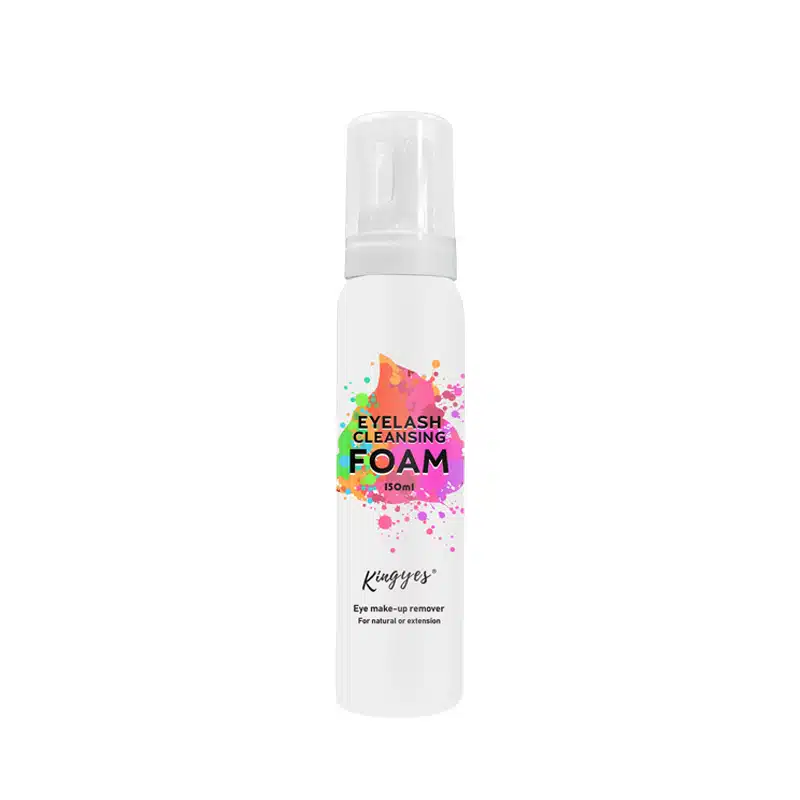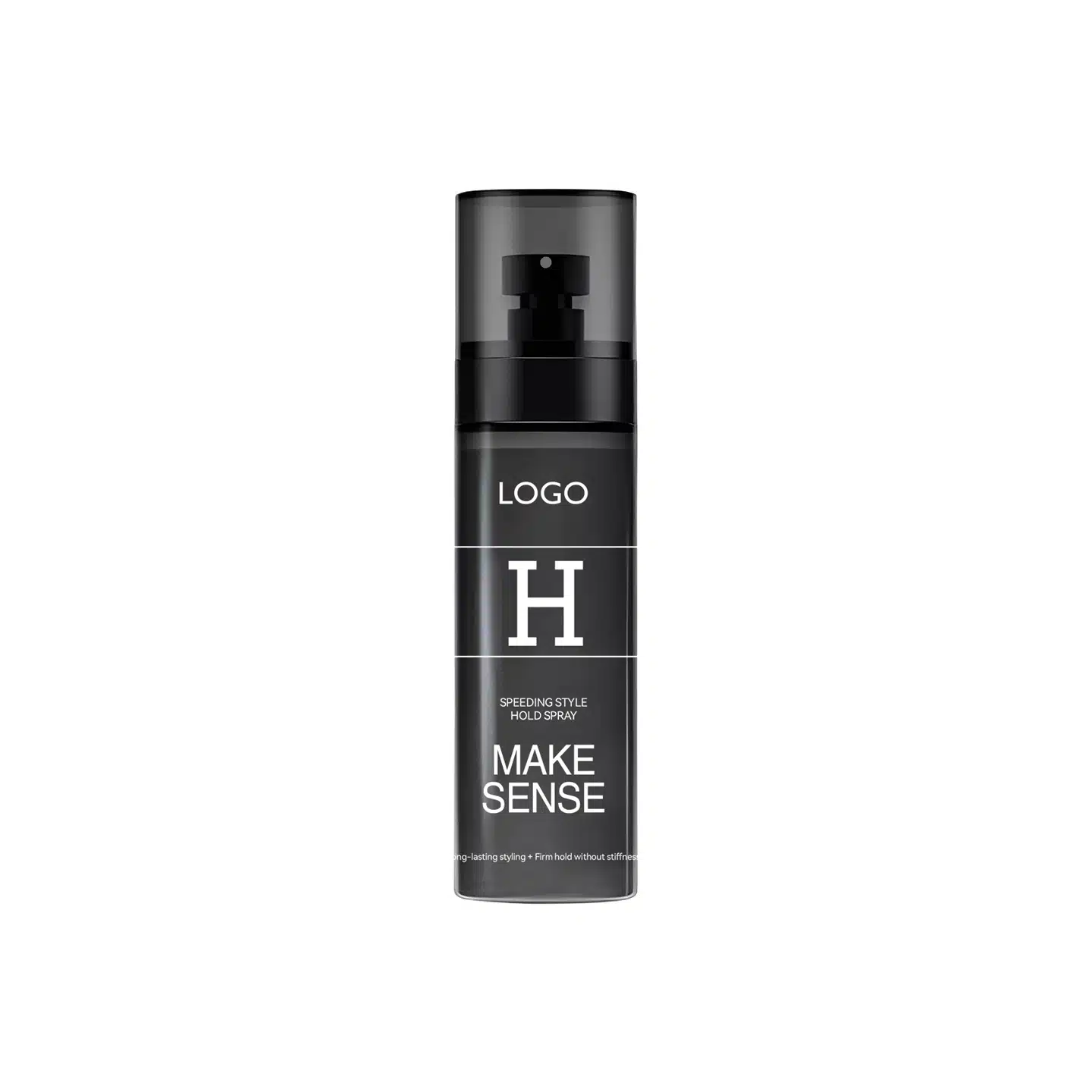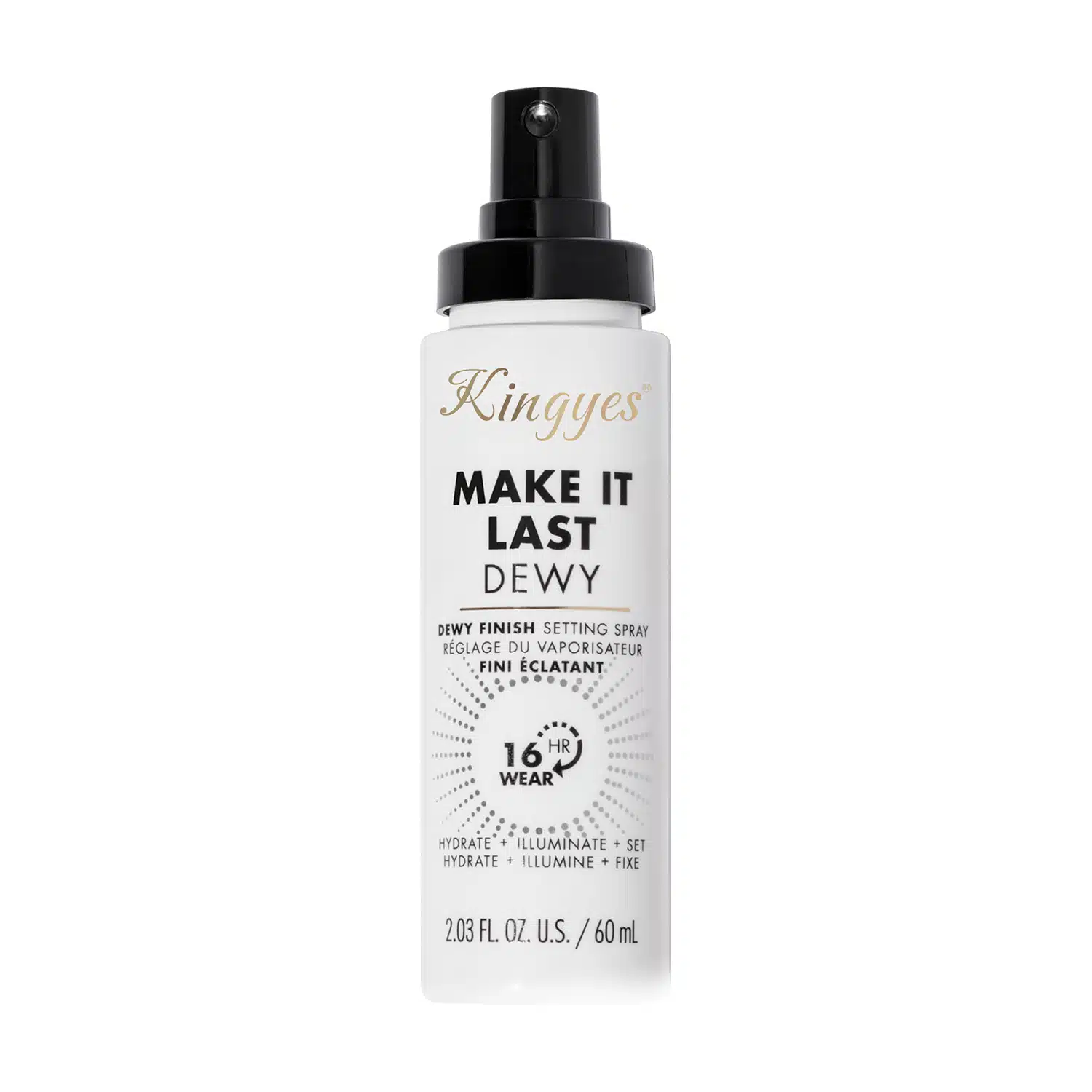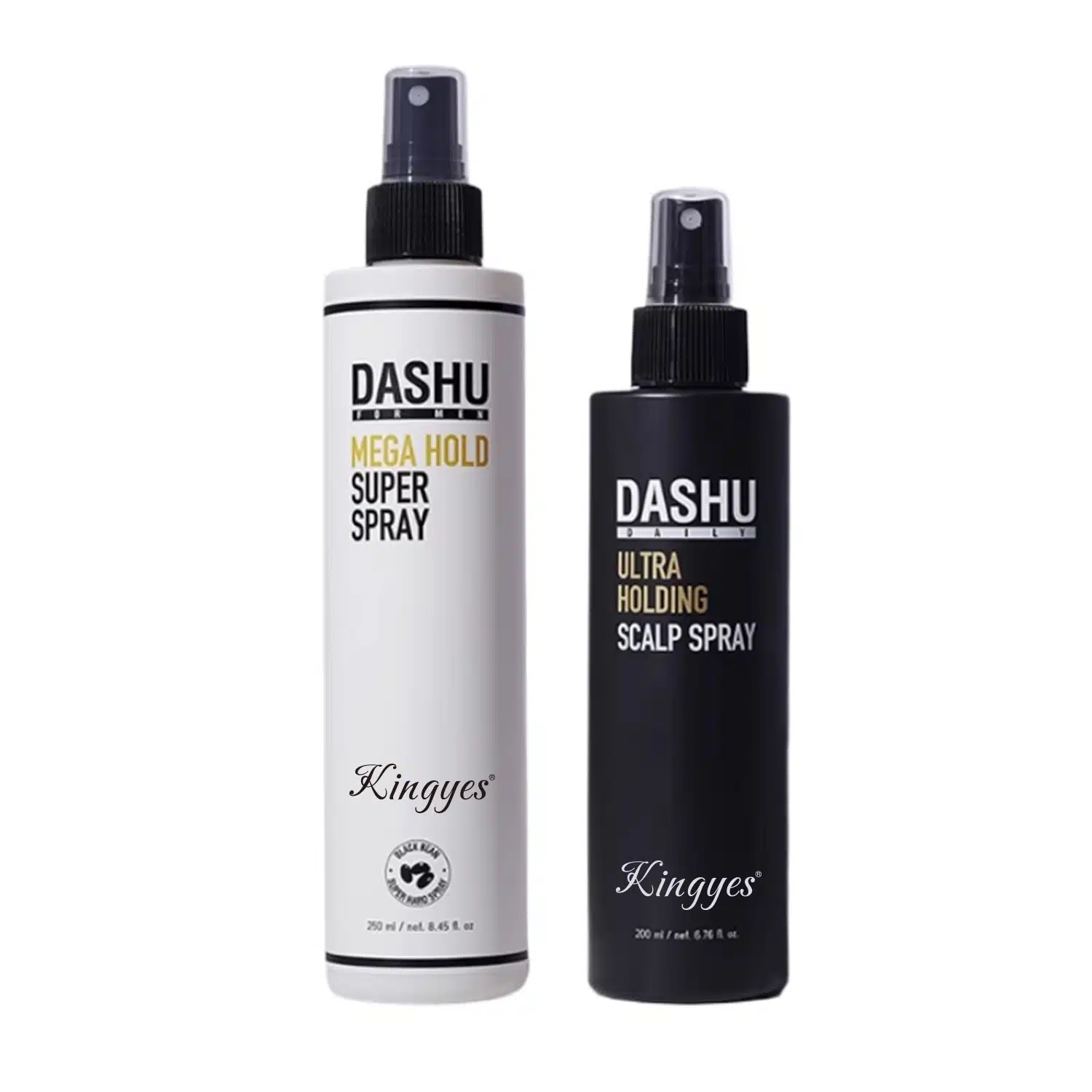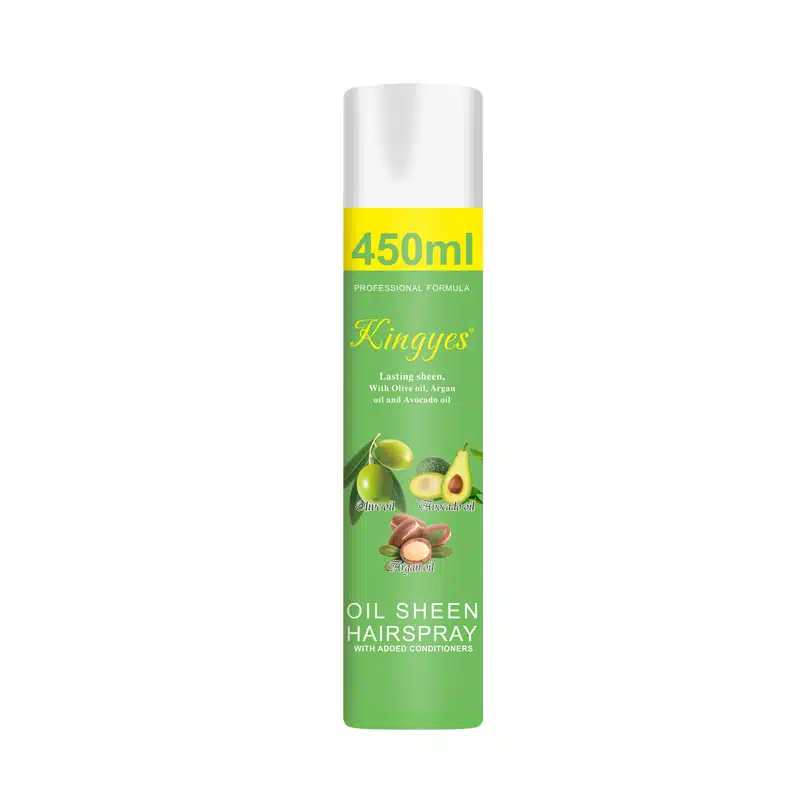
Is It OK To Use Spray Sunscreen On Your Face?
Table of Contents
In this article, we’ll explore the safe way to apply spray sunscreen, discuss expert opinions, and provide tips to protect your skin effectively. Keep reading to discover how to enjoy the sun safely and keep your skin healthy!
Understanding Spray Sunscreen
Spray sunscreen is a popular option for many because it’s easy to apply and convenient for on-the-go use. It delivers a fine mist of sunscreen that can cover large areas quickly.
Benefits of Spray Sunscreen
- Convenience: Quick application, especially for hard-to-reach areas.
- Lightweight: Feels less greasy than some lotions.
- Reapplication: Easy to reapply throughout the day.
Can You Use Spray Sunscreen on Your Face?
Yes, you can use spray sunscreen on your face, but with caution. It’s important to avoid spraying it directly on your face to prevent inhalation and irritation.
Expert Opinion
Dermatologists recommend applying spray sunscreen to your hands first, then rubbing it onto your face. This method ensures even coverage and reduces the risk of inhaling the product.
How to Apply Spray Sunscreen Safely
Follow these steps to use spray sunscreen on your face safely:
- Spray It Into Your Hands: Hold the spray close to your palm and apply a generous amount.
- Rub Your Hands Together: Distribute the sunscreen evenly on both hands.
- Apply to Your Face: Gently rub the sunscreen onto your face, covering all exposed areas.
- Avoid Eyes and Mouth: Be careful around sensitive areas to prevent irritation.
Tip: Don’t forget to apply sunscreen to your ears and neck!
Why You Should Avoid Spraying Directly on Your Face
Spraying sunscreen directly on your face is not recommended. Here’s why:
Risks of Direct Spraying
- Inhalation: Spraying can cause you to inhale aerosol particles, which may irritate your lungs.
- Eye Irritation: The spray may get into your eyes, causing discomfort.
- Uneven Coverage: Direct spraying might not provide full coverage, leaving some areas unprotected.
Tips from Dermatologists
Dermatologists emphasize the importance of proper sunscreen application.
Key Recommendations
- Use Broad-Spectrum SPF 30 or Higher: Protects against UVA and UVB rays.
- Reapply Every Two Hours: Sunscreen wears off, especially after swimming or sweating.
- Apply Generously: Use enough sunscreen to fully cover all exposed skin.
- Combine Methods: Use spray sunscreen for the body and lotion or stick sunscreen for the face.
Spray Sunscreen vs. Lotion: Which Is Better for Your Face?
When it comes to your face, lotion sunscreen may be a better option.
Comparison
| Aspect | Spray Sunscreen | Lotion Sunscreen |
|---|---|---|
| Application | Risk of inhalation; needs to be sprayed into hands | Direct application; easier to control |
| Coverage | May be uneven if not applied properly | Offers even coverage when rubbed in |
| Skin Sensitivity | May contain alcohol or fragrances that irritate | Generally formulated for facial skin |
Conclusion: While spray sunscreen is convenient, lotion sunscreen is often safer and more effective for facial use.
Common Mistakes When Using Spray Sunscreen
Avoid these pitfalls to ensure your skin is well-protected:
- Spraying Directly on the Face: Increases risk of inhalation and uneven coverage.
- Not Applying Enough: Less than the recommended amount reduces effectiveness.
- Skipping Reapplication: Sunscreen must be reapplied every two hours.
- Ignoring Expiration Dates: Expired sunscreen may not offer adequate protection.
How Much Spray Sunscreen Should You Use?
Using enough sunscreen is crucial for effective protection.
Guidelines
- Body: Apply enough to make your skin glisten.
- Face: Use about a nickel-sized amount when sprayed into your hands.
- Reapply: Every two hours or after swimming and sweating.
Remember: It’s better to use more than to skimp on sunscreen!
Choosing the Right Sunscreen for Your Skin
Not all sunscreens are created equal. Consider these factors:
Skin Type
- Sensitive Skin: Opt for mineral sunscreens with zinc oxide or titanium dioxide.
- Oily Skin: Look for non-comedogenic formulas that won’t clog pores.
- Dry Skin: Choose sunscreens with moisturizing ingredients.
Lifestyle
- Active Lifestyle: Water-resistant sunscreens are a must.
- Daily Use: Lightweight, everyday formulas are ideal.
Frequently Asked Questions
1. Is it safe to use spray sunscreen on your face?
Yes, but avoid spraying directly on your face. Instead, spray it into your hands first, then apply.
2. Can spray sunscreen irritate my skin?
Some spray sunscreens contain alcohol or fragrances that may irritate sensitive skin. Choose formulas suitable for your skin type.
3. How often should I reapply sunscreen?
Reapply every two hours, or immediately after swimming or sweating.
4. What SPF should I use for my face?
A broad-spectrum sunscreen with at least SPF 30 is recommended.
5. Can I use the same sunscreen for my body and face?
Yes, but facial skin can be more sensitive, so you may prefer a sunscreen formulated specifically for the face.
6. Why shouldn’t I spray sunscreen directly onto my face?
Direct spraying increases the risk of inhaling aerosol particles and may cause eye irritation.
Conclusion
Using spray sunscreen on your face is okay if you apply it correctly. Always spray it into your hands first to avoid inhalation and ensure even coverage. Protecting your skin from the sun is essential, and following these guidelines will help you enjoy the outdoors safely.
Key Takeaways
- Avoid Spraying Directly on Face: Spray into hands, then apply.
- Use Broad-Spectrum SPF 30 or Higher: Protects against UVA and UVB rays.
- Reapply Every Two Hours: Sunscreen wears off over time.
- Choose the Right Sunscreen for Your Skin: Consider skin type and lifestyle.
- Don’t Skimp on Amount: Apply generously for full protection.
- Consult a Dermatologist if Unsure: Professional advice is valuable.
Stay safe in the sun and keep your skin healthy!
Comments
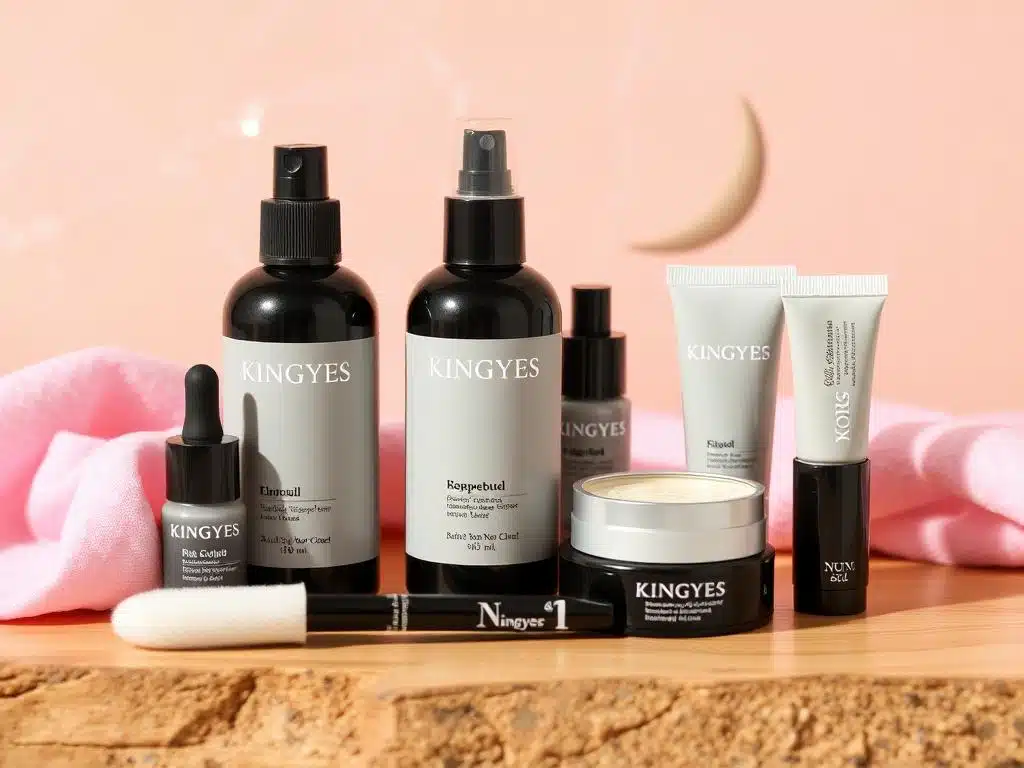
Top 10 Beauty Brands In Southeast Asia
Southeast Asia’s beauty scene is booming, with local brands challenging global giants and capturing the hearts (and wallets) of consumers.

What Do Cosmetic Manufacturers Do?
Ever wondered how your favorite lipstick, foundation, or moisturizer goes from an idea to the beautifully packaged product on the shelf?
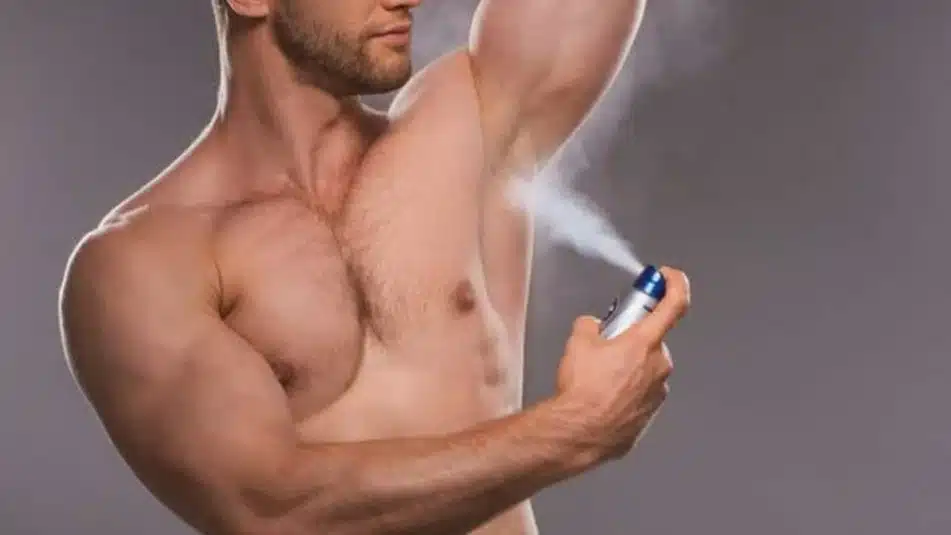
Should You Let Spray Deodorant Dry?
Ever wondered if you should let your spray deodorant dry before getting dressed?

What Is The Intended Use Of Body Lotion?
Ever wondered why your skin feels dry or rough?
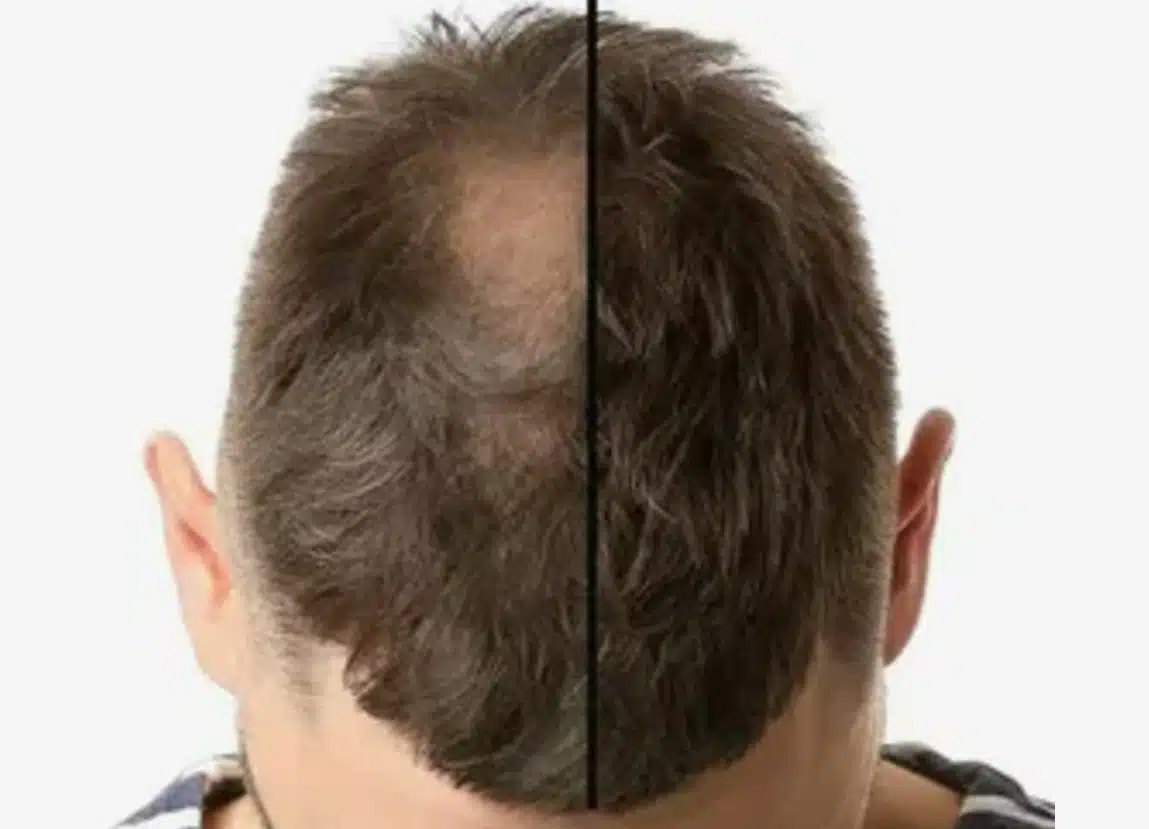
Is Root Touch Up Bad For Your Hair?
Wondering if using a root touch-up spray is harmful to your hair?
- +86 151 1839 7303
- [email protected]
- Mon-Sun 07:00-23:00
Tags

How to Choose a Reliable Cosmetic OEM Manufacturer in China?
How to Pick a Good Makeup Maker in China: A Guide for You.
You possess a concept.
A new face cream. A new hair spray. A new nail color.
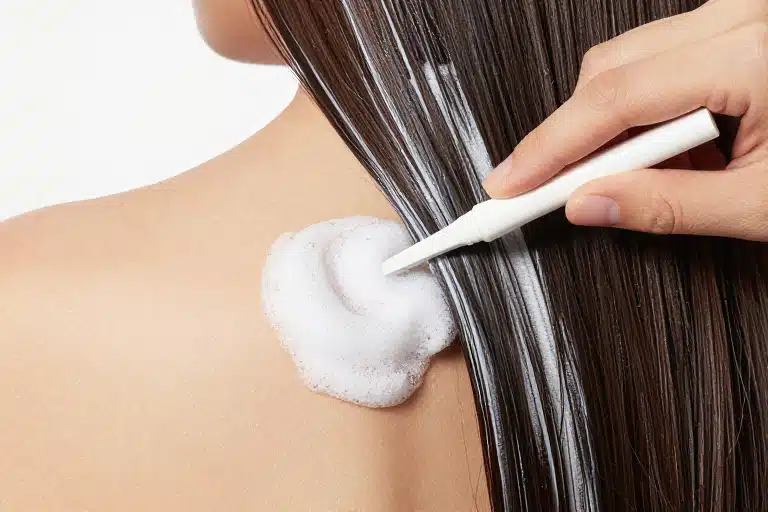
How to Get Hair Dye Off Skin: The Only Guide You Need
Picture this.
You just dyed your hair. You used a new color. It looks great. Your hair shines. You feel happy. You feel like a new person.

How Often Should You Wash Your Hair? The Ultimate Guide
The alarm rings.
You wake up. You stretch. You walk to the mirror.
You look at your hair.

